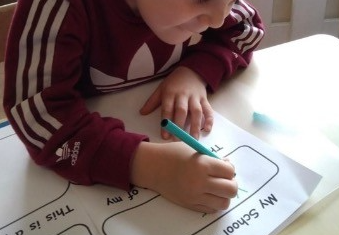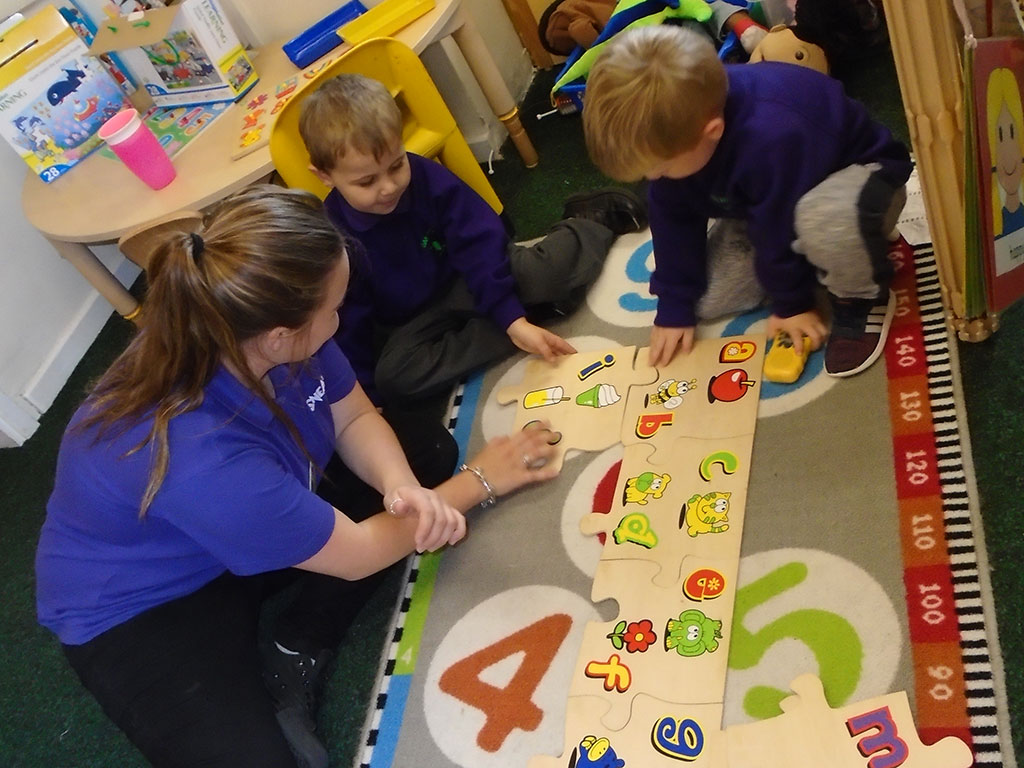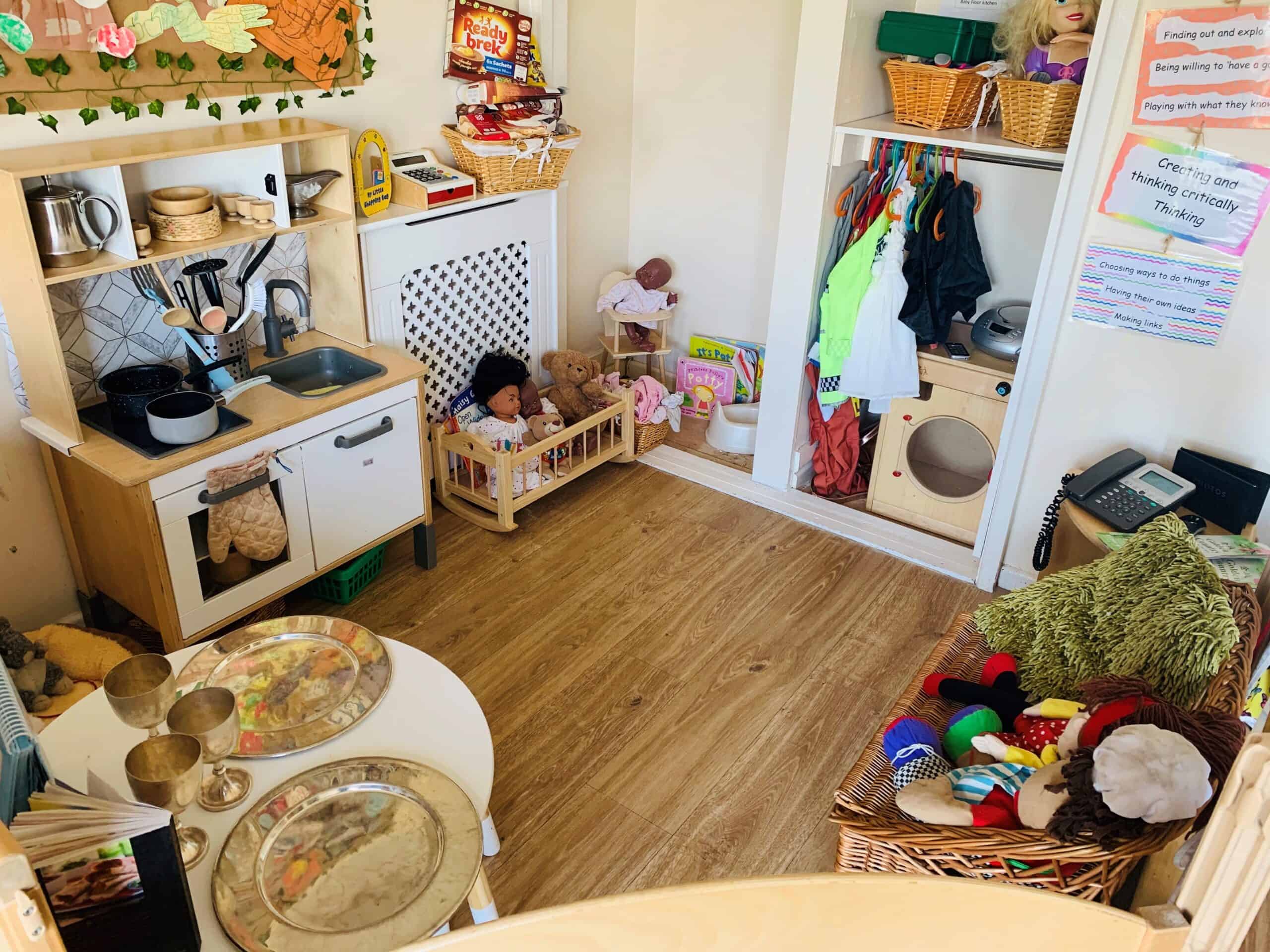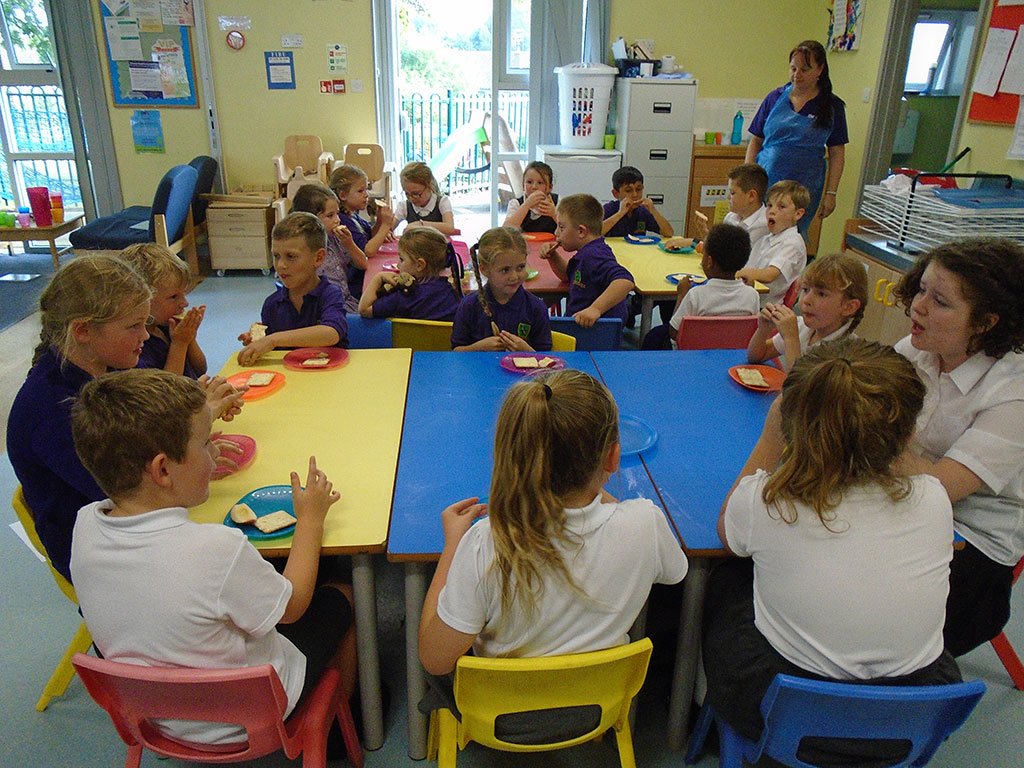Play is not just an activity for children. In fact, play is an incredibly powerful tool for learning and development. Through play, children can explore, experiment and make sense of the world around them.
When you’re thinking about a nursery for your little one, it’s important that you choose one which prioritises play and the learning opportunities that can arise from it. Here at Little Sneakers Childcare, we value play, providing stimulating and playful environments for children to learn, be creative and ask questions.
Below, we have written a short post about the importance of play in children’s learning, highlighting its benefits and providing insights into how it nurtures their growth and development.
What is Play?
Essentially, play is a spontaneous and self-directed activity that engages children in active learning experiences. It stimulates their imagination, creativity and problem-solving abilities. At the same time, it also fosters social, emotional, and cognitive development too. All in all, play provides a holistic learning approach that supports children in various environments and settings.
The Benefits of Play in Learning
- Cognitive Development: Play promotes critical thinking, problem-solving, and decision-making skills. It encourages children to explore cause-and-effect relationships, experiment with ideas, and develop logical reasoning abilities.
- Social and Emotional Development: Play enables children to interact with others, fostering social skills such as cooperation, negotiation, and empathy. It helps them understand and manage their emotions, develop resilience, and build self-esteem.
- Language and Communication Skills: Play provides a context for children to engage in conversations, practice language skills, and enhance vocabulary. It encourages storytelling, role-playing, and imaginative play, which promote language development and communication abilities.
- Physical Development: Active play such as running, jumping, and climbing, enhances gross motor skills, coordination, and overall physical fitness. Fine motor skills are honed through activities like building with blocks, drawing, or manipulating small objects.
The Different Types of Play
- Imaginative Play: Role-playing, make-believe scenarios, and pretend play foster creativity, imagination, and storytelling abilities. Children can explore different roles, solve problems, and express their thoughts and feelings through imaginative play.
- Constructive Play: Building with blocks, puzzles, and other construction toys develop problem-solving skills, spatial awareness, and hand-eye coordination. It encourages planning, persistence, and the ability to experiment and build knowledge through hands-on exploration.
- Collaborative Play: Engaging in group play, cooperative games, and team activities nurtures social skills, teamwork, and communication. Children learn to collaborate, negotiate, and resolve conflicts, fostering a sense of belonging and shared responsibility.
Searching for a Nursery in Redditch?
At Little Sneakers Childcare, we believe in the power of play-based learning to inspire children’s growth and development. Our experienced team of educators is dedicated to creating a nurturing environment where play is central to the learning experience.
By embracing the principles of play-based learning, we provide a rich and stimulating environment that encourages children to explore, inquire, and discover. Our curriculum incorporates a diverse range of play experiences.
In addition, we prioritise excellent care and a nurturing environment, believing in fair and inclusive treatment. Our nurseries ensure every child is seen and heard. We use a holistic approach to child development, which encompasses physical, emotional, relational, intellectual, and spiritual aspects.
To learn more about our day nursery in Redditch, please get in touch with our friendly team today. You can drop us a message via the online form on our website, and we’ll get back to you as quickly as possible.






